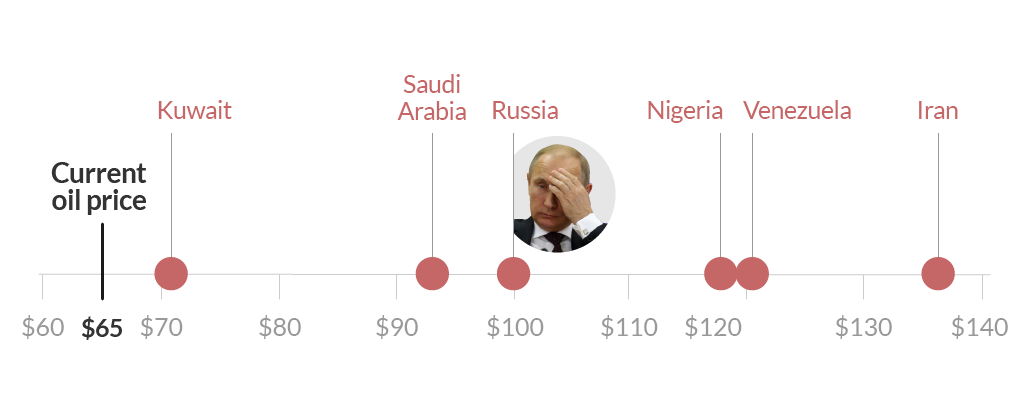(Source: U.S. Government Accountability Office)
Background
In 2008, GAO reported that 1,088 oil industry mergers occurred between 2000 and 2007. Given the potential for price effects, GAO recommended that the Federal Trade Commission (FTC), the agency with the authority to maintain petroleum industry competition, undertake more regular retrospective reviews of past petroleum industry mergers, and FTC said it would consider this recommendation. GAO was asked to conduct such a review of its own to determine how mergers and market concentration—a measure of the number and market shares of firms in a market—affected wholesale gasoline prices since 2000.
GAO examined the effects of mergers and market concentration using an economic model that ruled out the effects of many other factors. GAO consulted with a number of experts and used both public and private data in developing the model. GAO tested the model under a variety of assumptions to address some of its limitations. GAO also interviewed petroleum market participants.
Study Findings

Image Courtesy: GAO
GAO examined seven mergers that occurred since 2000—ranging in value and geography and for which there was available gasoline pricing data (see table)—and found three that were associated with statistically significant increases or decreases in wholesale gasoline prices. Specifically, GAO found that the mergers of Valero Energy with Ultramar Diamond Shamrock and Valero Energy with Premcor, which both involved the acquisition of refineries, were associated with estimated average price increases of about 1 cent per gallon each. In addition, GAO found that the merger of Phillips Petroleum with Conoco, which primarily involved the acquisition of oil exploration and production assets, was associated with an estimated average decrease in wholesale gasoline prices across cities affected by the merger of nearly 2 cents per gallon. This analysis provides an indicator of the impact that petroleum industry mergers can have on wholesale gasoline prices. Additional analysis would be needed to explain the price effects that GAO estimated.
GAO used two separate measures of market concentration, one which measured the number of sellers at wholesale gasoline terminals and another which measured the market share of refiners supplying gasoline to those sellers, and found that less concentrated markets were statistically significantly associated with lower gasoline prices. For example, for wholesale terminals with more sellers—i.e., terminals that were less concentrated—GAO estimated that prices were about 8 cents per gallon lower at terminals with 14 sellers than at terminals that had only 9 sellers. This result is consistent with the idea that markets with more sellers are likely to be more competitive, resulting in lower prices. Using the second measure of concentration, GAO similarly found a statistically significant association between prices and the level of refinery concentration, with less concentrated groups of refineries associated with lower prices.
GAO Recommendation
This study reinforces the need to review past petroleum industry mergers, and GAO continues to recommend that FTC conduct such reviews more regularly and develop risk-based guidelines to determine when to conduct them. FTC reviewed a draft of this report and supports GAO’s recommendation to conduct more reviews of past petroleum industry mergers.
Click here to download the full report.











